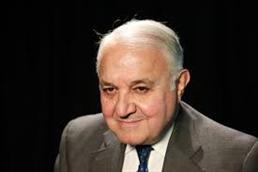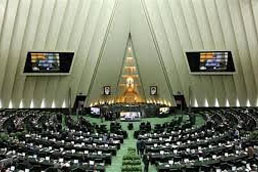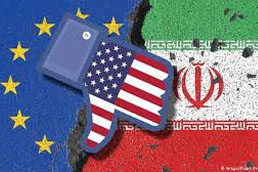ICPS on Social Media
 Dedicated ICPS Telegram Channel for all the latest News and Information
Dedicated ICPS Telegram Channel for all the latest News and Information
Press Releases
 Stockholm Meeting - 02 December 2023 - Second 'Memory, Idea, Hope' Meeting
Stockholm Meeting - 02 December 2023 - Second 'Memory, Idea, Hope' Meeting
 The Hague, Netherlands Meeting - 29 October 2023 - First 'Memory, Idea, Hope' Meeting
The Hague, Netherlands Meeting - 29 October 2023 - First 'Memory, Idea, Hope' Meeting
 Second ICPS Paris Conference - 15 July 2023 - A realistic view of transitioning to a future Iran
Second ICPS Paris Conference - 15 July 2023 - A realistic view of transitioning to a future Iran
 Virtual Conference - 21 April 2023 - Unprecedented ‘virtual’ gathering of 42 Iranian political activists in a dialogue for the salvation of Iran
Virtual Conference - 21 April 2023 - Unprecedented ‘virtual’ gathering of 42 Iranian political activists in a dialogue for the salvation of Iran
 ICPS Paris Conference - 18 March 2023 - Transition to a future Iran: A realistic look at what is required
ICPS Paris Conference - 18 March 2023 - Transition to a future Iran: A realistic look at what is required
Featured News Sites From Around The World Wide Web
Al Jazeera
BBC News Iran
Iran International News
Iran Press News Agency
Tehran Times
-

Born in Tehran, Iran, Mehrdad Khonsari is an Iranian politician and former diplomat.
Click to read more

 EN
EN 

